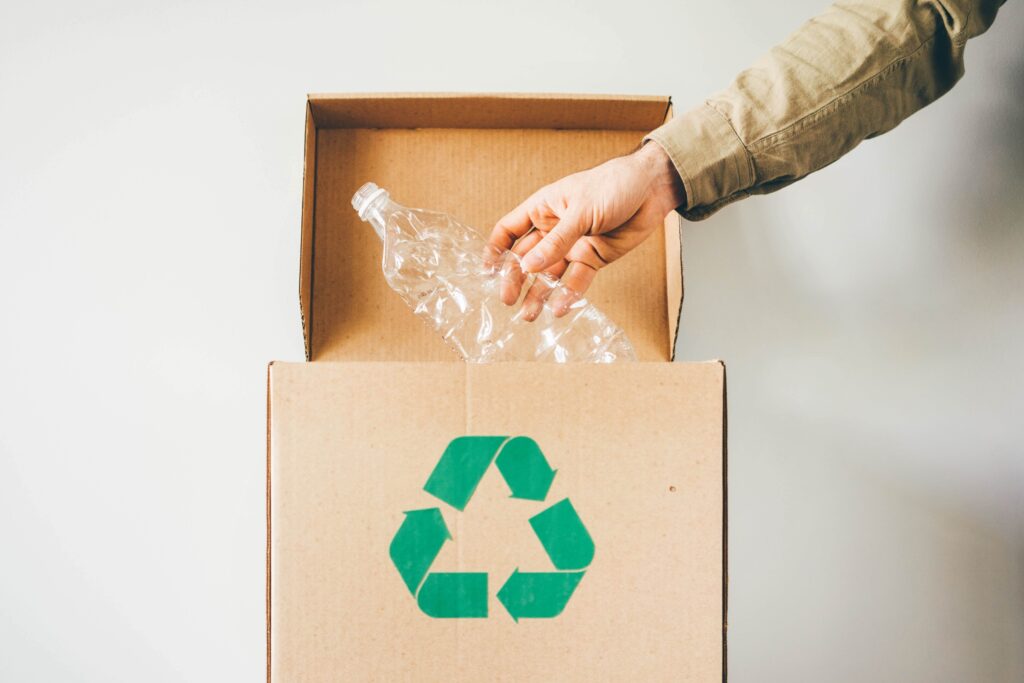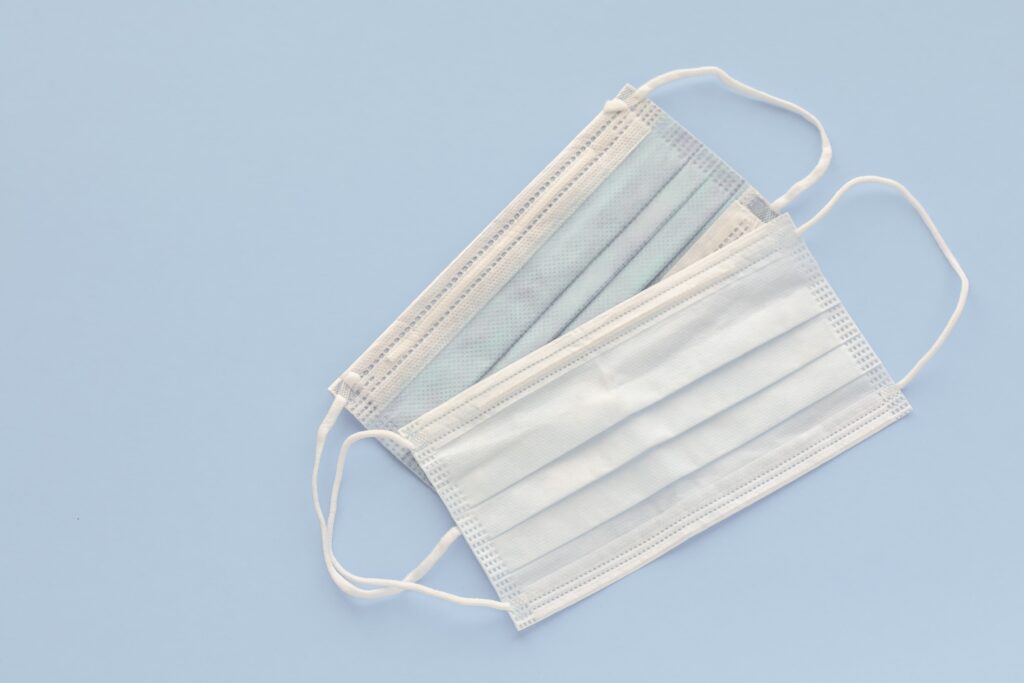Polypropylene is a type of plastic first synthesised in the 1950s’. It has been widely used for injection moulding and fibre applications to improve products such as ropes, carpets, upholstery, and clothing.
The global demand for polypropylene generated an annual market of approximately 74 million metric tons in 2020. Around 30 per cent of this was consumed by the packaging industry. The electrical and equipment manufacturing industry is also a major player, consuming around 15 per cent of the market. The annual figure is forecasted to grow to around 90 million metric tons by the year 2026.
Polypropylene is known as the ‘steel of plastics’ because it has several properties that can be modified to tailor to specific applications. Polypropylene fibres and powders are heavily used in the automotive industry, packaging, fashion, sports, medical, and housewares.
Polypropylene is the second most used plastic in the world, so the demand for high-quality polypropylene fibres and powders is high, and there are many advantages to using them, including:
1. Polypropylene is Resistant to Fatigue
Polypropylene fibres and powders help manufacture things like car tires, conveyor belts, and ropes because its resistant to fatigue, wear and tear, ensuring products stand the test of time.
2. Low Density
Polypropylene is a very light plastic, which makes it ideal for products that need to be lightweight but strong, such as car bumpers. Polypropylene is also used for boat parts and other recreational vehicles because of its low density.
3. Chemical Resistance
Polypropylene is resistant to many chemicals, making it an ideal material for containers that will hold aggressive fluids like acids and alkalis.
4. Recyclability

Polypropylene can be recycled multiple times without losing any of its properties, making it a sustainable choice for many applications.
5. A Non-Toxic Solution
Polypropylene is a non-toxic plastic, so it’s safe to use for packaging and other items that come into direct contact with people.
6. Polypropylene Has No Static Electricity
Polypropylene fibres and powders do not accumulate static electricity, so they’re often used in electronic applications to prevent damage from static discharge.
7. Low Moisture Absorption

Polypropylene doesn’t absorb moisture, so it’s often used in food packaging to keep products dry. You’ll also find polypropylene in things like rain gear and outdoor furniture covers because of its water-resistant properties.
8. Polypropylene is Translucent
This property is beneficial for products that need to be see-through, such as polypropylene containers for storing liquids.
9. Non-Polar
Polypropylene is a non-polar material, meaning it does not readily absorb water or other liquids, making it ideal for use in laboratory equipment, containers, and pipes.
10. Tough, Flexible and Durable
Polypropylene fibres and powders will help toughen up a product and make it more flexible and durable without adding too much weight. This is why polypropylene is often used in the automotive industry.
11. Affordable and Cost-Effective
The cost of polypropylene is lower than other plastics with similar properties, making it a popular choice for mass-produced products. Due to possessing several advantageous properties, polypropylene is made to last and withstand a variety of applications, making it very cost-effective.

Polypropylene is an extremely versatile plastic with many advantages, which is why it is one of the most popular plastics in the world. It’s also a popular material for nonwovens, such as filters, nappies, sanitary towels, medical mesh, and face masks.
Polypropylene is an excellent choice if you are looking for a strong, lightweight, and dimensionally stable plastic. Polypropylene fibres and powders can be used in a variety of industries and applications to create high-quality products.
To find out more about our polypropylene fibres and powders, contact us.


